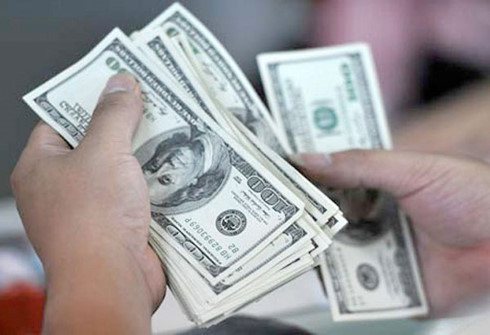New US immigration rules threaten Vietnam remittances
In a just released report entitled ‘Asia: US Immigration – Tighter border, lower remittances,’ Credit Suisse said that Vietnam would experience the largest reduction in remittance flows followed by the Philippines as the new US administration takes steps to beef up border and immigration policies.
The main economic impact of tighter border controls in the US on Vietnam would most likely result in weaker remittance inflows due a decline in the number of Asian workers in the US.
“The remittance shocks could also prove permanent, resulting in slower remittance growth in the future. Other Asian economies are much less exposed due to their low share of remittance in GDP,” said Credit Suisse.
 |
“While the overall impact on the economy may be manageable, segments such as private consumption and property are likely to be affected by the decline in remittance more than others,” it added.
The investment bank said weaker remittances pose material risk to economic growth as money sent home from the US to Vietnam and the Philippines accounts for 4% and 3% of GDP, respectively.
It warned the shock could add to existing downside risks to current account positions in the Vietnam and Philippines economies, exposing them to shocks that generate capital outflows.
Vietnam and the Philippines would see current account balances swing from surplus to deficits as a result of the new tougher US immigration rules, it added.
Official Vietnam government figures show that prior to last year, Overseas Vietnamese remittances had been on a steady upward trajectory during the prior two decades reaching a record high US$13.2 billion in 2015.
However, in 2016 they fell to US$9 billion primarily because of the Vietnam government’s decision to slash the interest rates that banks pay on savings deposits, said Economist Nguyen Minh Phong.
Yields on deposits went from a range of 5-6% in 2015 down to zero in some cases in 2016, said Phong, which slowed remittance down to a trickle compared to their previous level.
Nearly half of the Southeast Asian country’s 4.5 million Overseas Vietnamese reside in the US and they account for roughly 60% of the total remittances sent back to the homeland.
Tighter restrictions on immigration would primarily affect illegal immigrants and those with work visas, especially green card holders. They account for up to 38% of all workers in the US from Vietnam and the Philippines.

